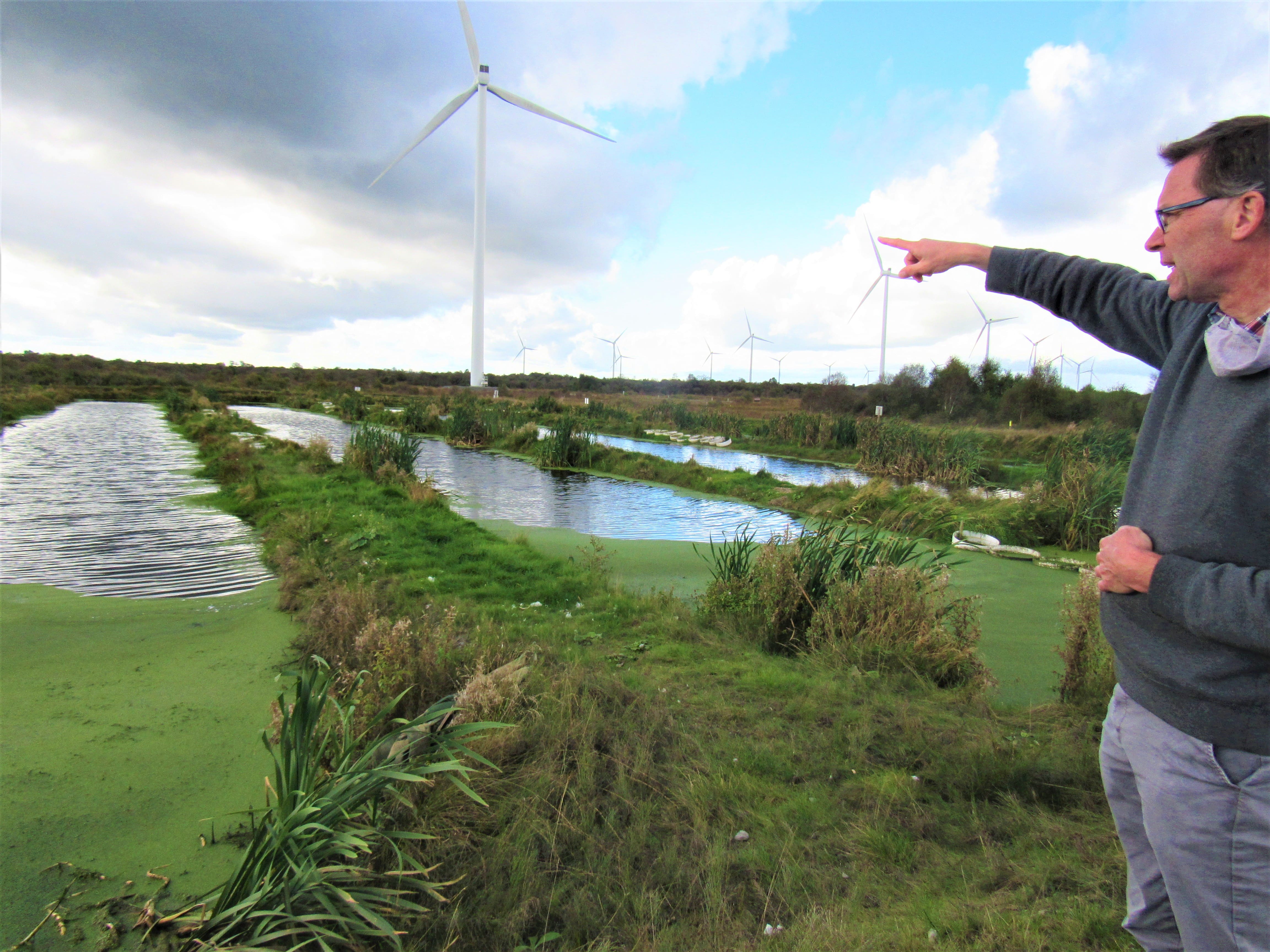News
World Water Day 2022: Game-changing UCC project turns wastewater into food source

UCC researchers on the EU-funded Brainwaves Project have developed an innovative, sustainable method of wastewater remediation – all with the help of a common native Irish plant.
Clean water is an underappreciated, precious resource that is, however, often in short supply. Rather, water is frequently contaminated with high levels of nitrogen and phosphorus– nutrients commonly found in fertiliser which can cause algal overgrowth (so-called ‘blooms’) and fish death. “This is a major problem, and companies and societies spend considerable amounts of money to clean wastewater, to avoid having a negative effect on the environment,” explains Professor Marcel Jansen, of the UCC School of Biological Earth Environmental Sciences.
The Brainwaves research turns such wastewater from an inconvenient by-product into an economic resource. As Professor Jansen puts it, “Waste is not a cost or a problem anymore but can actually give value”. This could be a game changer in Irish industries with significant outputs of nutrient-rich wastewater, such as agriculture and food processing.
The innovative process being developed at UCC comprises growth of floating aquatic plants known as duckweeds (Lemnaceae) on agricultural wastewater. Rapid plant growth will result in rapid uptake of nitrogen and phosphorus, thus cleansing of the water. This, in turn, creates new opportunities, as duckweed biomass contains up to 40% high-quality protein. This protein is suitable for feeding livestock, and especially fowl, fish and pigs. Thus, wastewater is converted into a valuable resource.
Over the next two years, UCC researchers will trial their systems at farms and agri-industries, giving the industry an opportunity to explore the system.
Circular, closed-loop resource management is increasingly seen as vital in the shift toward more sustainable production systems – and the work at UCC is part of this wider transition. There is reason for optimism that this research can lay the foundation for a whole new approach to how we think about waste. “We have the proof-of-concept that our ideas about using duckweed to clean wastewater work,” Professor Jansen remarks. “The future is to use these same systems at a much larger scale in different industry settings.”
